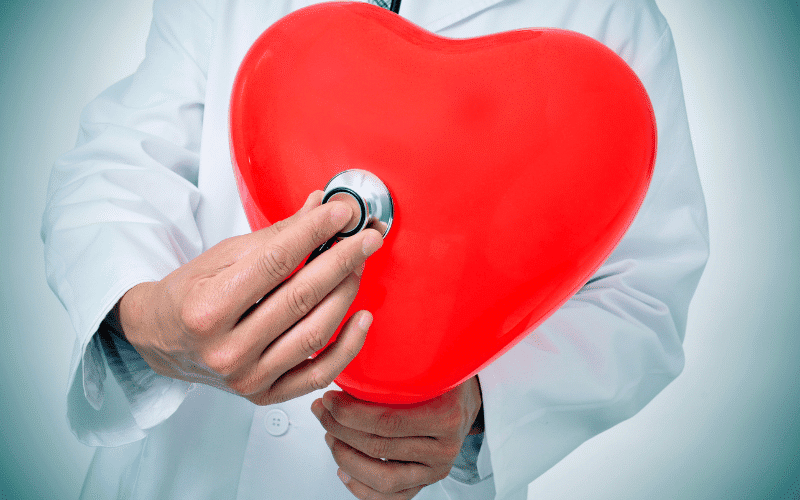Fact 3: Cardiovascular Dysfunction – The Heart of the Matter

MODS can severely impact the cardiovascular system, which includes the heart and blood vessels. In the throes of MODS, patients might experience abnormal heart rhythms or arrhythmias, reduced heart function leading to heart failure, and a decrease in blood pressure, also known as hypotension.
Cardiovascular dysfunction in MODS can aggravate the already critical situation. As the heart’s ability to pump blood decreases and blood pressure drops, the delivery of essential nutrients and oxygen to the body’s organs is compromised.
This setback can trigger a vicious cycle where the failure of one organ system leads to the dysfunction of others, highlighting the intricate interplay between the organ systems in our body. The heart’s declining performance can serve as a red flag for healthcare professionals to intervene immediately.
Managing cardiovascular dysfunction in MODS often involves a dual approach—alleviating the symptoms and improving heart function. Healthcare professionals may use medications such as vasopressors to increase blood pressure or provide supportive care, such as oxygen therapy.(3)